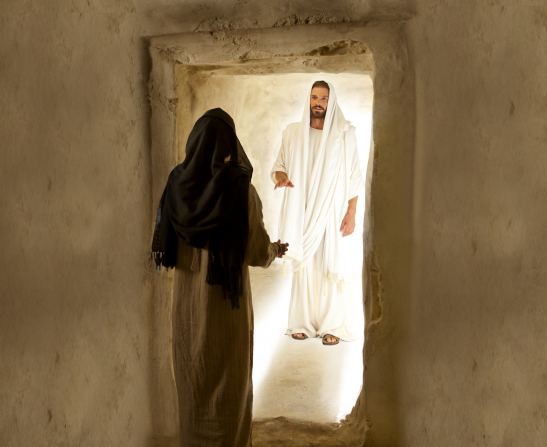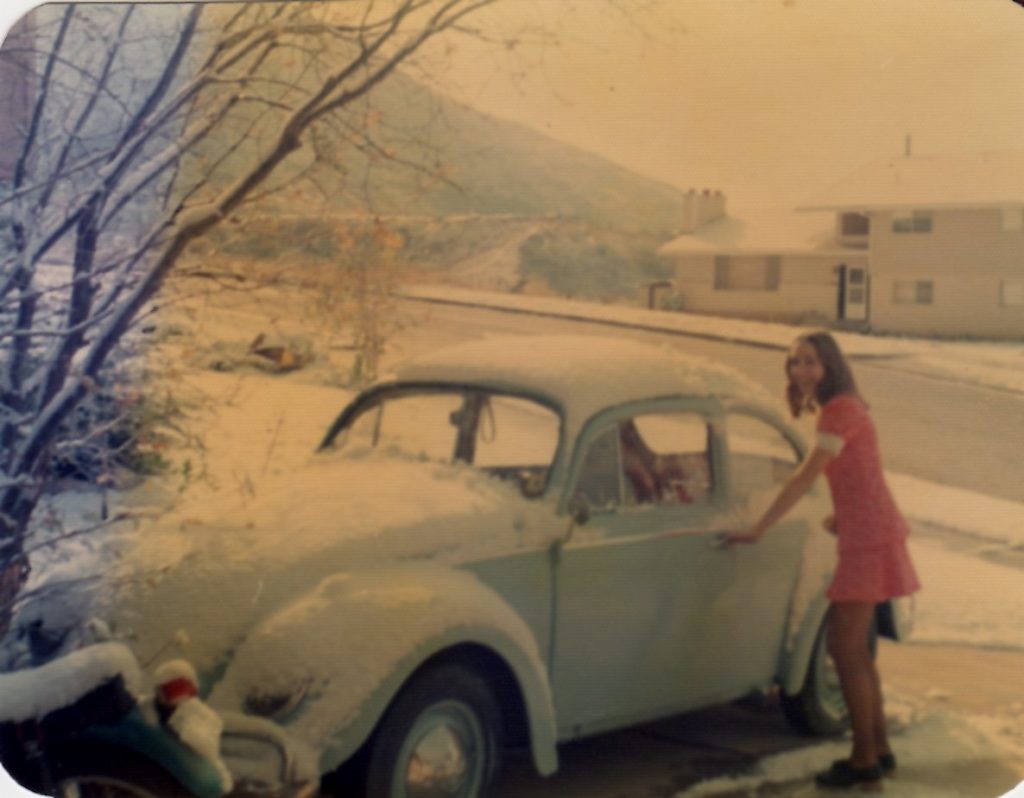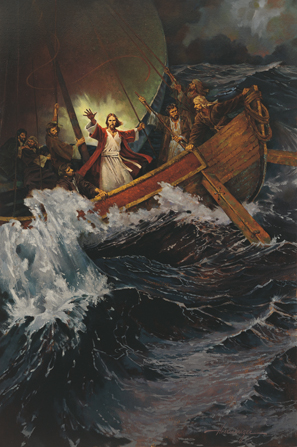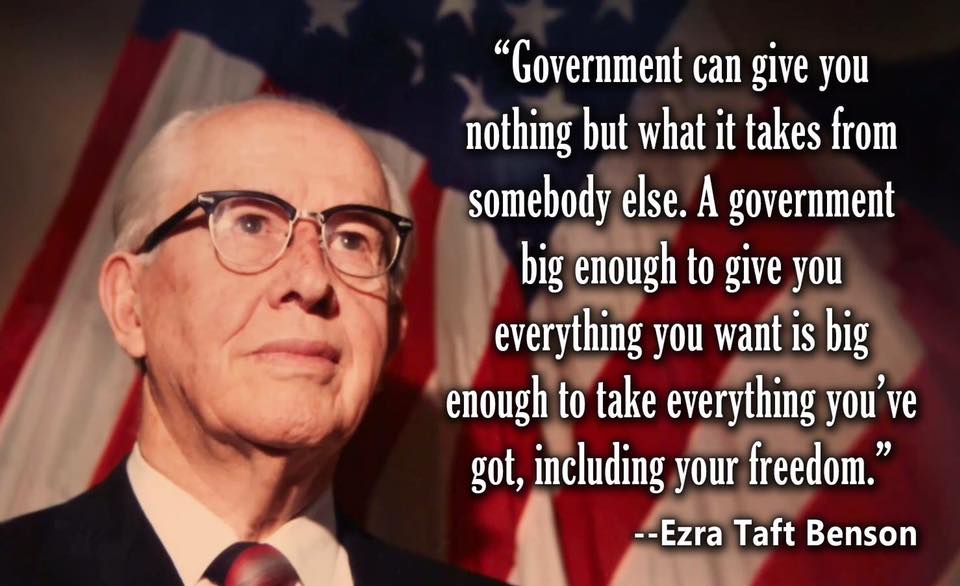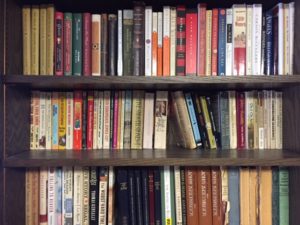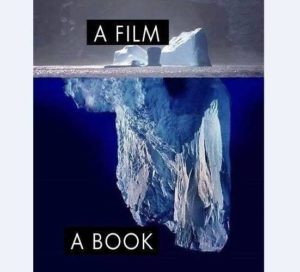
A Cause for Celebration
A big anniversary is coming– Our great United States of America is approaching its 250th! It is a privilege for me to become involved in very early preparations for this momentous event for one patriotic organization. I remember well the Bi-Centennial Celebration of our Nation’s founding in 1976. I felt pride and patriotism as I was able to visit sites of historical significance in Boston that year. Now as the 250th approaches, I reflect on some of the rapid and troubling changes in our country over the past decade. I begin to wonder if there may not be so much to celebrate come 2026. What will our Nation and our government look like then? I see things that threaten our Constitution and run counter to the principles upon which it was founded. Some have suggested that the deep divisiveness occurring now is a precursor of civil war.
I feel that there are some things that we as a Nation, and as individual citizens need to do, starting now or sooner, to ensure that when 2026 and its planned celebrations arrive, we will feel that our great Nation is something to be celebrated and to be proud of. Will we be committed to help preserve it for another 250 years? We owe that to our patriot founders and all who have sacrificed to preserve our freedom and government.
Remember
It is imperative that we remember our history. That, for many of our young people, means first learning about the history of our County. For others it requires diligent and honest study and reflection. The shift to include voices which had not been previously heard in the telling of history is noble and worthwhile. Yet, somehow this has become a re-writing of history with judgment and condemnation of our predecessors based on shifting social standards of today. The result is citizens, especially young ones, who are ashamed of our history – and ashamed to be Americans.
We need to remember the patriots who founded our country and those who have served her. They, like all of us, were flawed humans and products of their particular time and environment. We need to understand that context. Those patriots, in spite of or perhaps at times because of those flaws and conditions, showed great courage and made tremendous sacrifices to preserve and defend our freedoms. There is much we can learn from them. We will always be indebted to them and should be grateful for their contributions.
We need to remember the history of the world and other countries. An understanding of the government and history of other countries, will make obvious the contrast with ours. There is a reason that those early Colonists desired a different form of government than a monarchy. There is a reason that people from other countries have flocked to ours, escaping oppression. They recognize America’s greatness and see the freedom and opportunities that we too often take for granted.
We humans naturally have celebrations to help us remember significant events. Yet, somehow the significance of celebrations becomes faded or intentionally changed, and we are left with just another day off. We humans erect monuments to help us remember. Yet, we now have movements to remove monuments to erase memories that some feel are unpleasant. What will we have left to help us remember?
Remember, Remember– I hear the echos of these words from the mouths of prophets. Why? Because when we forget, history repeats itself– not the good parts of history– the destructive parts of history. We must remember to hold on to all that is good and to be grateful for it.
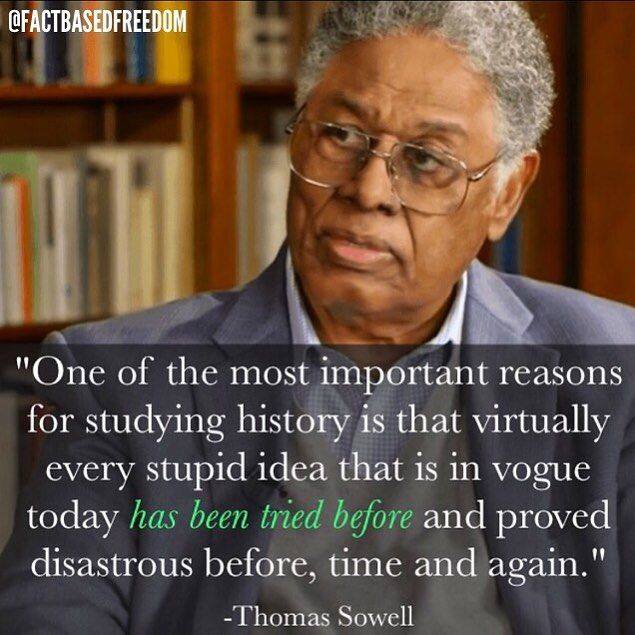
Return to Principles and Values
As we remember, we need to recognize and reaffirm the principles and values upon which our country was founded. These principles and values are the “why” of our government– the reason for its existence. Citizens of other countries may feel united over a homeland, predominant ethnicity, shared language or cultural identity. Since early colonization, America has been a melting pot of cultures, languages and ethnic groups. What unites Americans are those principles which we have treasured and fought for.
The principles are eternal and detailed in our founding documents, yet too many are losing sight of them. Do we still value life and liberty? Do we value individual self-determination, self-expression and self-reliance? Do we see government’s role in preserving individual rights, with all being treated equally, rather than controlling people and behavior?
Those core principles and values are being replaced by shifting standards, changing values, popular opinion, relative truth, political expediency. Without the foundation of shared principles we are vulnerable to those who would seek to destroy us.
Respect
We need to return to a respect of our country, its flag and other symbols, its elected offices, and each other. There is no good reason for any citizen of this country to disrespect duly elected officials or the process by which they were elected. Throughout our history we have had many great leaders, and many who were not. They are all human and flawed. The process embedded in the Constitution allows us to have a voice in our representation. It is our privilege, right and duty to hold elected leaders accountable through our votes.
We need to return to talking to each other with respect. There is way too much attacking and taking offense. This fuels divisiveness and hate. Have we forgotten how to talk to each other civilly? We need to listen– really listen with the intent to understandthose with whom we disagree, not just hear enough to come up with a stinging comeback to post on Social Media.
Breaking the Silence
Earlier this year, I wrote a number of blog posts about disturbing things happening in our country today. I shared articles and posts on Social Media and joined in discussions. As expected, there were some unpleasant reactions. Though I think I have a tough skin, I do have feelings. Mostly, I found it all very exhausting and unproductive. I felt I had better things to occupy my time. Other worthwhile things did keep me away from blogging for a good part of the year. At one point, a blog post kind of wrote itself, yet I did not follow through and post it.
I became one more of the many silent Americans. We all have a valuable perspective. We do have something worthwhile to say. Yet, too often, we don’t speak out of fear of being attacked, “educated”, or shamed because we don’t have the “correct” view.
So, I now feel that it is important that I speak up, regardless of the reaction. I have heard the call for some time, but I guess I needed to hear it at 4:00 a.m. on the night we were supposed to get an extra hour of sleep. I will now commit to myself to blog more about topics that I feel are important and in my small way, help to prepare Americans for our 250th in 2026. Who knows how many will hear my messages, or how they will react, but I can speak up. It is my right– even my duty– as a citizen of the United States of America.


